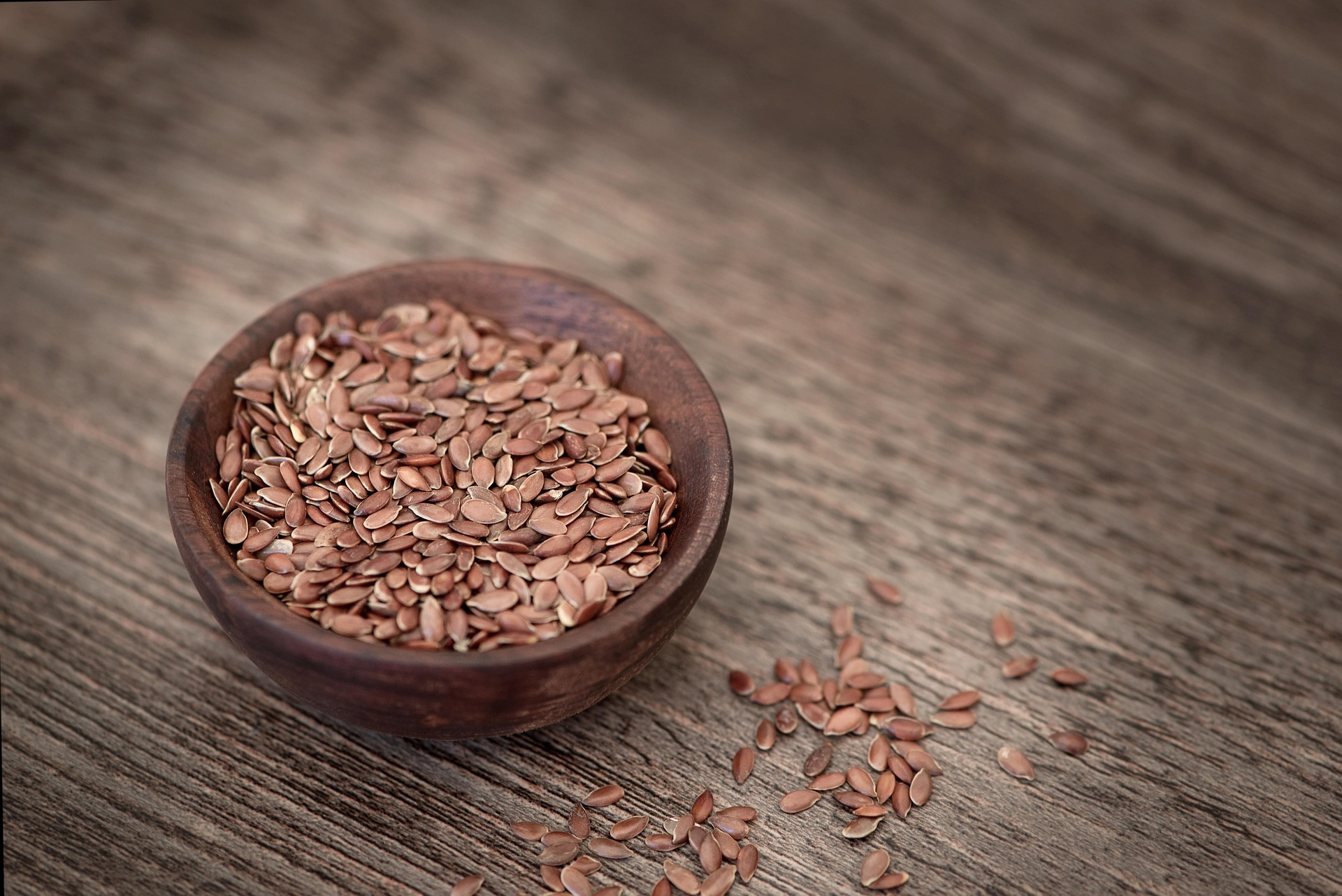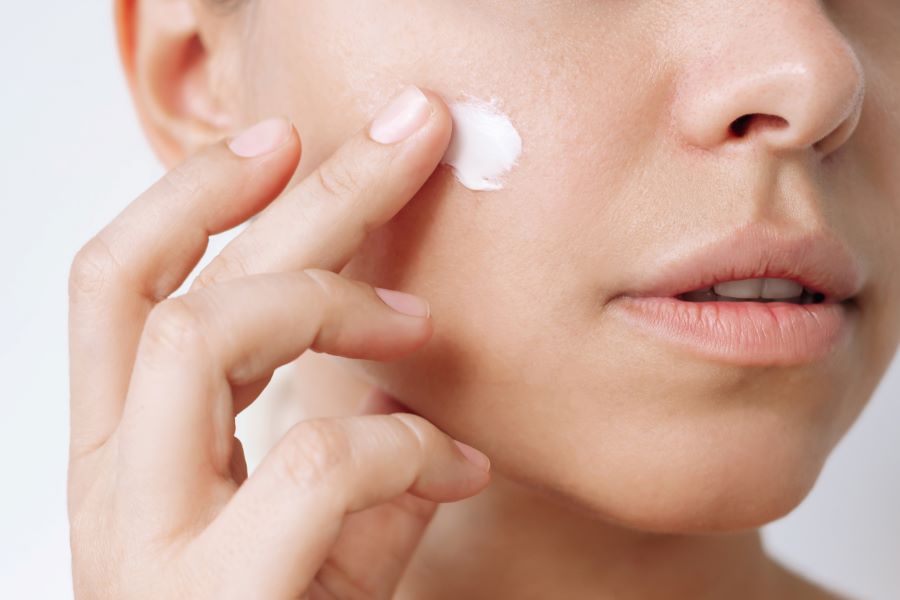The Blooming Era of Plant-Based Beauty and Fitness
The beauty and fitness industry has often been in the spotlight, continually evolving and adapting to the world around it. One trend that has emerged in recent years is the shift towards plant-based products and routines, driven by a more conscious society that is increasingly concerned about health, wellness, and sustainability. This article delves into the historical context, current trends, benefits, and the industry impact of the plant-based revolution in the beauty and fitness world.
The Roots of Plant-based Beauty and Fitness
The use of plants in beauty and fitness is not a new concept. In ancient times, civilizations such as the Egyptians and Romans used plant-based ingredients for skincare and health remedies. However, the modern resurgence of plant-based beauty and fitness can be linked to the rise of veganism and environmental consciousness in recent years. As consumers become more aware of the ingredients in their products and the impact of their lifestyle choices on the planet, they are turning towards more natural and sustainable alternatives.
Greening the Beauty Industry: Current Trends and Expert Analysis
The beauty industry, once dominated by synthetic ingredients and chemicals, is witnessing a green transformation. According to market research firm Mintel, the global natural and organic beauty market is expected to reach $22 billion by 2024. The shift is driven by consumers’ increasing awareness of harmful ingredients in cosmetics and a growing preference for cruelty-free and plant-based products.
Skincare brands are developing products with plant-derived ingredients like aloe vera, chamomile, and rosehip oil, known for their healing, soothing, and anti-inflammatory properties. Even in haircare, plant-based products that avoid harsh chemicals are gaining popularity.
Plant Power in Fitness: Benefits and Market Relevance
In the fitness realm, plant-based diets are gaining traction, with athletes and fitness enthusiasts advocating for their benefits. A plant-based diet is rich in antioxidants and fiber, crucial for reducing inflammation and aiding digestion – key factors for optimal athletic performance.
As per a report from Grand View Research, the global plant-based protein market is estimated to reach $14.32 billion by 2025. This growth is driven by the increasing adoption of vegan diets and the growing demand for plant-based protein supplements among fitness enthusiasts.
Impact on the Beauty and Fitness Industry
The plant-based revolution is not just a trend; it’s reshaping the beauty and fitness industry. Brands are being held to higher standards of transparency about their ingredients and manufacturing processes. The demand for plant-based products is driving innovation, with brands exploring the use of a wider range of plant-derived ingredients.
In the fitness industry, the shift towards plant-based diets is influencing product development in the supplement sector. It’s also changing the conversation around nutrition, with a growing understanding that plant-based diets can support high-performance training.
Evidence-based Recommendations for a Plant-Based Regime
Transitioning to a plant-based beauty routine or diet should be done mindfully. For skincare, look for products with certified organic or naturally-derived ingredients. In fitness, ensure a balanced diet rich in various plant-based protein sources like lentils, chickpeas, tofu, and quinoa. Consulting with a dietitian or a dermatologist can provide personalized advice based on individual needs and goals.
In conclusion, the plant-based revolution in beauty and fitness is a testament to a broader societal shift towards health, wellness, and sustainability. As consumers continue to prioritize these values, the industry’s green transformation is poised to continue, offering a plethora of opportunities for innovation.





